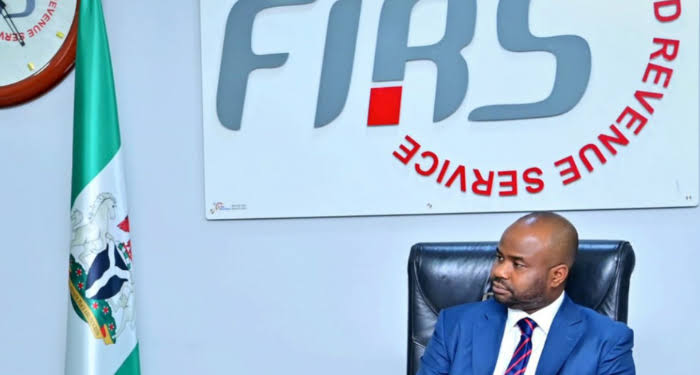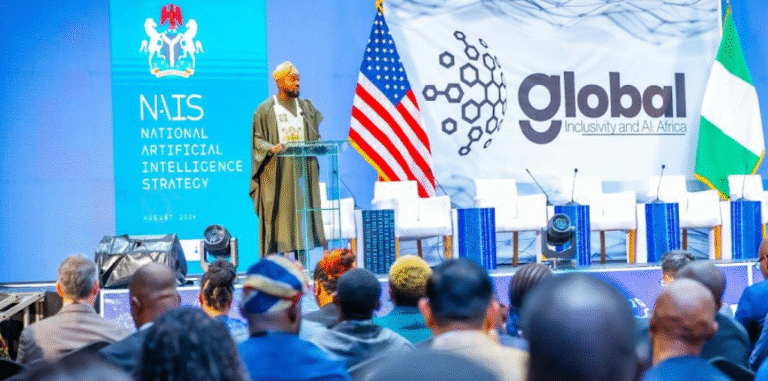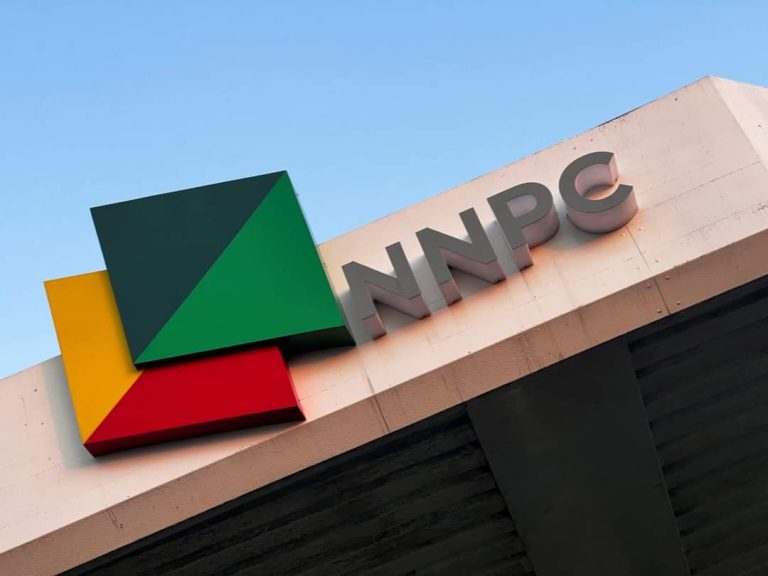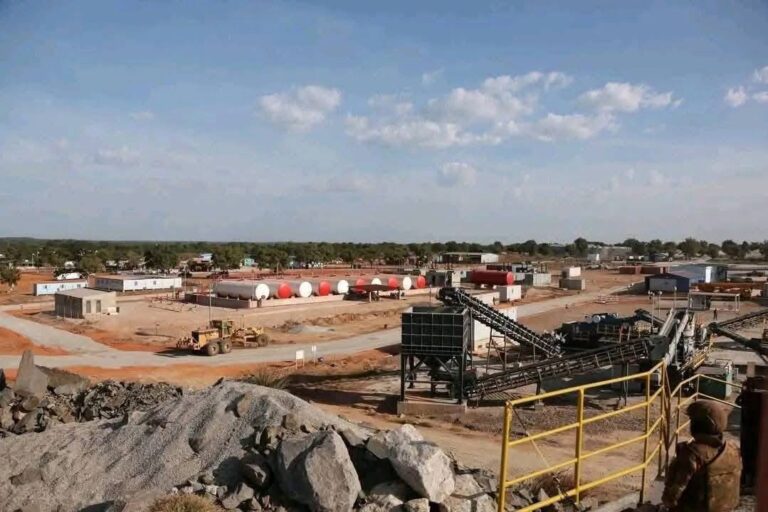Media entrepreneur and host of the viral talk show #WithChude, Chude Jideonwo, has officially released his deeply personal memoir, How Depression Saved My Life. The book is now available in bookshops across Nigeria, on
NarrativeLandscape.com, and globally on Amazon.
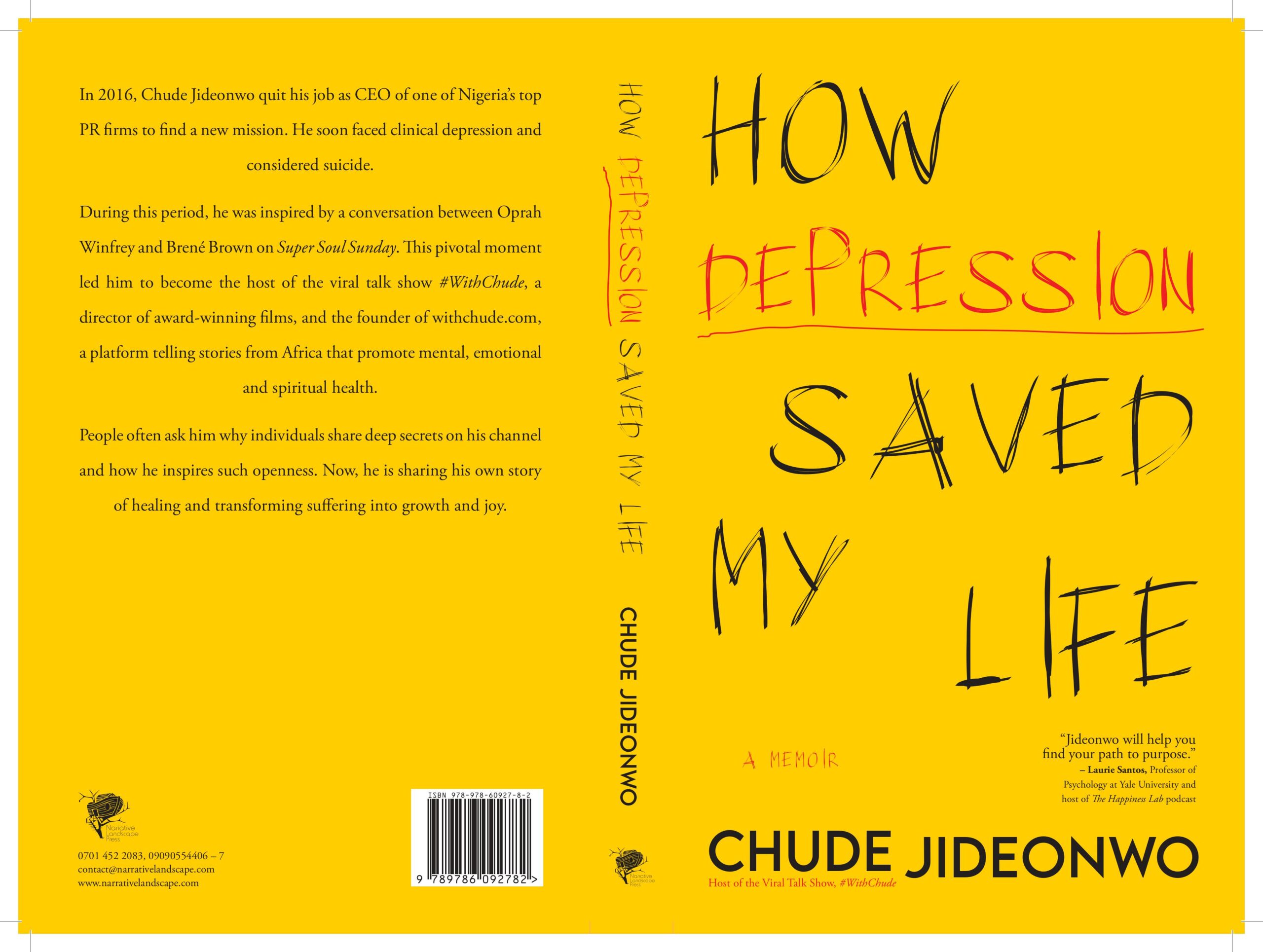
The striking yellow‑covered memoir, first announced and unveiled in March 2025, tells an extraordinary story of pain, purpose, and transformation. It traces ten years of Jideonwo’s life, from the dizzying professional highs of running major presidential campaigns to the depths of depression, and finally to building one of Africa’s most influential storytelling platforms.
Published by Narrative Landscape Press, the same publishing house behind recent works by Chimamanda Ngozi Adichie and Femi Otedola, How Depression Saved My Life is a groundbreaking Nigerian memoir that merges politics and personal healing, faith and psychology, public triumph and private despair.
“It tells the story of how after the high of the Buhari campaign in 2015 and the Akufo- Addo campaign in 2016, I was diagnosed with clinical depression and then Tourette’s syndrome, contemplated suicide in the middle of incredible pain, quit my job as CEO of RED, decided to relocate to America, changed my mind on relocation and returned to Nigeria, and three years after, emerged from the wilderness with #WithChude,” Jideonwo said in a post announcing the book’s release.
Structured across ten chapters and over three hundred pages, the memoir spans 2014 to 2024, offering a rare window into the mind of a man who helped shape public narratives in Africa before turning inward to confront his own. It begins with his time leading one of Nigeria’s most influential media and communication firms, RED, and culminates in the founding of #WithChude, the talk show and movement that has become synonymous with vulnerability, empathy, and emotional truth in African storytelling.
Through research, philosophy, faith teaching, and intimate recollections, Jideonwo explores the relationship between personal struggle and creative purpose. The book weaves together his own mental‑health journey with lessons from conversations with global thinkers and African icons who have appeared on his platforms. It is, as he describes it, “a practical, vulnerable guide to how I took the biggest adversities in my life and turned them into the greatest joy.”
“If you’re going through a terrible, difficult or confusing moment in your life, and you don’t know how to survive it, this book will teach not only how to survive it, but also show you exactly how to transform it into joy,” he adds.
The book situates Jideonwo’s personal transformation within Nigeria’s contemporary history capturing the intensity of working at the center of politics, fame, and media, and the eventual breakdown that forced him to redefine success. His journey through depression and diagnosis is told with a rare openness in Nigerian public life, where such conversations remain taboo.
From the euphoria of helping elect a president, to sleepless nights of fear and anxiety, to sitting across from some of Africa’s most beloved cultural figures on #WithChude, Jideonwo chronicles the unpredictable road from burnout to meaning. In doing so, he bridges the gap between personal healing and social storytelling, demonstrating that emotional honesty can be a form of public service.
How Depression Saved My Life is part confessional, part manual for resilience, and part chronicle of a generation’s struggle to make sense of success, failure, and faith in a chaotic time. It touches on therapy, medication, spirituality, and the human capacity for renewal. Written in clear, unsentimental prose, it speaks directly to Nigerians and Africans navigating uncertainty, loss, and reinvention.
Jideonwo’s journey, marked by deep self‑inquiry, ultimately gave birth to a new mission: to build platforms that help others find healing and meaning through story. The result is #WithChude, #WithChude Live, and the larger ecosystem of work around emotional well‑being and storytelling that he has since become known for.
In a landscape where conversations around mental health, emotions and purpose are still emerging, How Depression Saved My Life stands as a landmark contribution to Nigerian literature, one that connects the political, the spiritual, and the profoundly personal.
The book invites readers not only to witness one man’s redemption but also to reflect on their own, offering hope that even in the darkest times, transformation is possible.
About the Author
Chude Jideonwo is host of #WithChude, one of Africa’s most watched talk shows and #WithChudeLive, Africa’s biggest talk concert. A lawyer, filmmaker and media entrepreneur, he is co-founder and former chief executive of African media companies RED | For Africa, Joy, Inc. and YNaija – working across 21 African countries and advising presidents and presidential elections in Nigeria, Ghana, Kenya, Liberia, Senegal and Sierra Leone.
He has been a Forbes 30 Under 30 honoree, CNBC Young Business Leader of the Year, an Archbishop Desmond Tutu Fellow, a World Fellow at Yale University and Creative-In-Residence at the London School of Economics. In 2020, he launched #WithChude, a viral podcast and multi-platform talk show featuring intimate, transformative conversations with African leaders and celebrities.
Syndicated on three Pan-African networks, streamed on withChude.com, with tens of millions of views on YouTube, it has become one of the continent’s largest IP libraries for stories of healing, resilience and growth. In 2025, he announced the Fourthmainland Fund, with which he is personally investing $500,000 in African creators as the future of independent media on the continent.
His writing and work have been featured in The New York Times, The Guardian, BBC, CNN, Al Jazeera, The Huffington Post, and The Financial Times. His latest book, ‘How Depression Saved My Life’ is published by Narrative Landscape.




